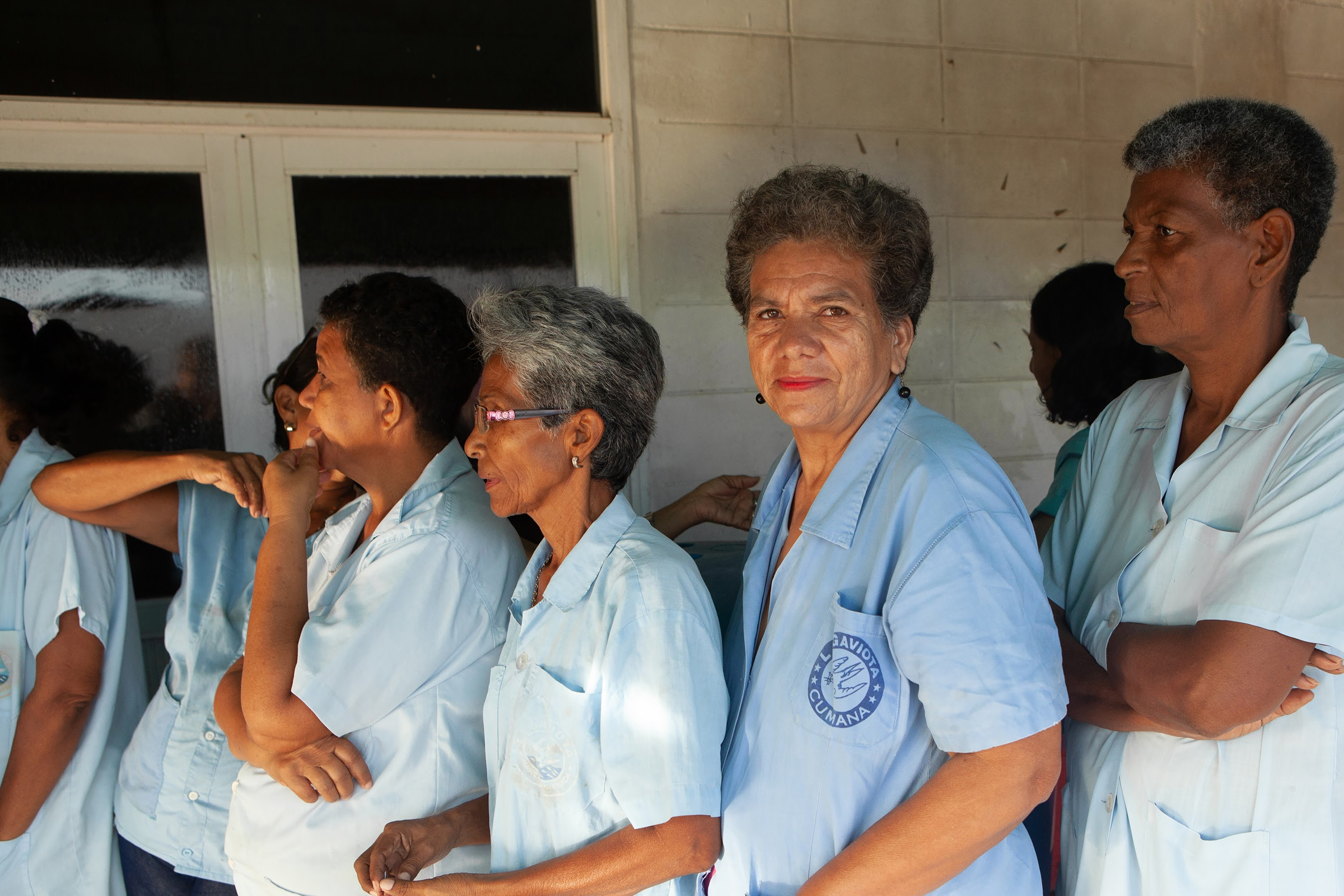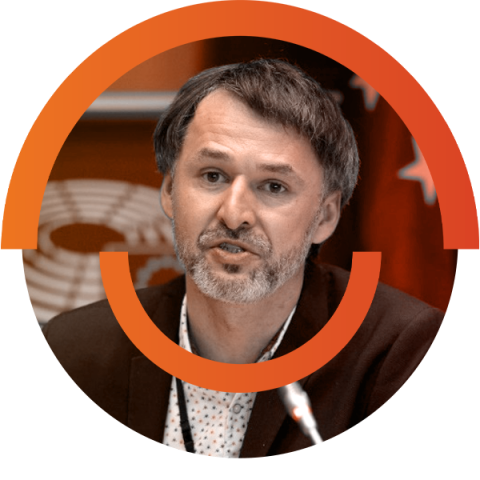Despite their significant impact, neurological conditions have often been neglected in the global health agenda. However, the tide is turning, and we are seeing more attention paid to the diagnosis and care of neurological conditions. The UN High-Level Political Declaration on NCDs added neurological and mental disorders as the fifth priority in the global NCD agenda in 2018. In 2020, WHO established a Brain Health Unit that developed an integrated response to neurology through the Intersectoral Global Action Plan on Epilepsy and Other Neurological Disorders 2022–2031, adopted by all WHO Member States in 2022. The European Federation of Neurological Associations (EFNA) is among the organisations advocating for better quality of life for people living with neurological conditions, with our own work centred in Europe.
Prevention, early diagnosis and intervention have enormous value for people living with neurological conditions, because the brain is an organ that has a very limited capacity for regeneration. Also, in many neurological conditions, the silent stages of a disease can often start years if not decades before one begins to notice any symptoms. As such, early detection can improve the quality of life of affected people, reduce healthcare costs, and prevent irreversible brain damage. However, accessing diagnosis and care for neurological conditions is not always easy, even in Europe where some of the best health systems in the world are found.
Needs are not being met
In 2022, EFNA conducted a survey to assess the diagnosis and care pathways of people living with neurological conditions in Europe. The survey showed that despite the availability of effective diagnosis and care treatments, not everyone across Europe has equal access to them, leading to a care gap and serious disruption to the continuum of care. In fact, the results showed that only 1 in 5 of those living with a neurological condition have access to affordable therapeutic interventions that satisfactorily manage their condition. What’s more, despite the higher prevalence rate in women than in men of many neurological disorders (e.g. multiple sclerosis, migraine, Alzheimer’s disease), gender stereotypes can have a negative impact, leading to under-diagnosis, misdiagnosis and delayed treatment.
The survey revealed that almost everyone is affected by issues such as insufficient awareness among healthcare professionals: 84% of patients indicated that their general practitioners do not know enough about their condition and among specialist doctors, that number is 56%. These results highlight that improved levels of education and training among healthcare professionals are needed.
The vast majority of people living with neurological conditions (92%) feel that their psychological needs are unmet too. They wish to have psychological support or counselling offered to help them manage mental health challenges caused by their condition.
The survey results also highlight the importance of engaging people living with NCDs in decisions that affect their health. Engaging patients in decision-making ensures that their preferences, values, and needs are considered in healthcare decision-making, leading to better health outcomes, higher patient satisfaction, improved healthcare efficiency and reduced costs. Mindful of these benefits, EFNA strives to empower people living with neurological conditions and involve them in decision-making to help improve the quality of care and reduce the care gap.
We do this by building capacity among our members, allowing them to be the most effective advocates possible in their own disease specific areas.
Over the 20 years of EFNA’s work, we have learnt that motivating, inspiring, and empowering those living with neurological conditions leads to more meaningful involvement and engagement of patient advocates in policy and decision making, and in research and development. Our work on assessing diagnosis and care pathways of people living with neurological conditions highlights the urgent need for closing the care gap and improving the continuum of care, for neurological conditions and all NCDs.






